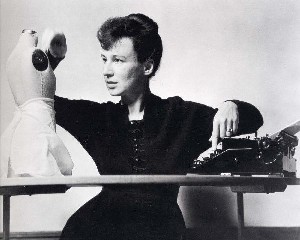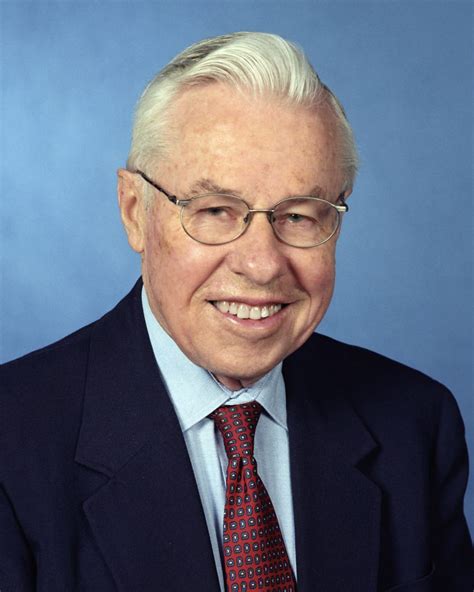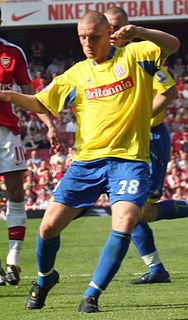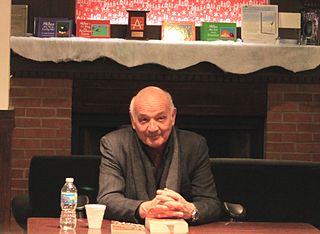A Quote by Maxine Hong Kingston
When I'm teaching, I tell my students: It's all process. Don't even think of product.
Related Quotes
As a teacher and parent, I've had a very personal interest in seeking new ways of teaching. Like most other teachers and parents, I've been well aware painfully so, at times that the whole teaching/learning process is extraordinarily imprecise, most of the time a hit-and-miss operation. Students may not learn what we think we are teaching them and what they learn may not be what we intended to teach them at all.
I hadn't had any course work in ceramics. I had no courses in art education but I wasn't going to let this chance to have a job pass me by. I went out and learned and I stayed one step ahead of the students by reading and I got to be pretty proficient at throwing on the wheel and making my own glazes, ordering the chemicals and having the students go out and dig and process their clay, and doing things that they weren't teaching at Howard University. So Talladega College opened up my whole sensibility about experimental teaching.
I am relieved that, in my own teaching, I don't have to moderate between high stake teaching and education for the virtues. If I did, I would give students the tools to take the tests but not spend an inordinate amount of time on test prep nor on 'teaching to the test.' If the students, or their parents, want drill in testing, they'd have to go elsewhere. As a professional, my most important obligation is to teach the topic, skills, and methods in ways that I feel are intellectually legitimate.
Due process gives teachers the latitude to use their professional judgment in their classrooms, to advocate for their students, and to not fear retribution for speaking the truth or teaching controversial subjects like evolution. As political winds shift in school districts, due process also wards off patronage or nepotism.
I had to really do some studying and examination of my own songwriting and I realized that, there's not a formula by any stretch of the imagination and aren't any rules, but there are principles. The first one is that art is a process, not a product. In fact, that holds true for damn near everything we do in life. The product is just something that happens. If you're faithful to the process, the product takes care of itself.
My notion of a failed writing workshop is when everybody comes out replicating the teacher and imitating as closely as possible the great original at the head of the table. I think that's a mistake, in obvious opposition to the ideal of teaching which permits a student to be someone other than the teacher. ... The successful teacher has to make each of the students a different product rather than the same.
Invest in the "process" rather than the product. Process living neutralizes the depleting and impoverishing effects of chronically living in anticipation. Even when impossible goals occasionally are reached, satisfactions derived from them are invariably disappointing unless the process has given ample satisfaction along the way.







































